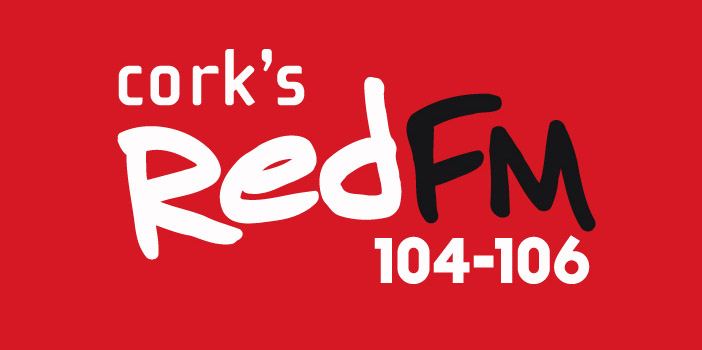The Government faces years of intrusive European scrutiny of its economic policy after the completion of the EU-International Monetary Fund bailout programme at the end of 2013.
A plan to be unveiled today by the European Commission would see the commission and the European Central Bank continuing to send inspectors to Dublin to assess the economic situation long after the Government’s anticipated return to private debt markets.
This comes as the sovereign debt crisis worsens, with Greece in danger of running out of cash within three weeks and Spanish borrowing costs at a 14-year high. The plan is included in a wider swathe of measures to fortify Europe’s discredited management of the euro zone.
The package includes new powers for the EU authorities to seek revisions to the draft budgets of all euro zone countries, with governments under threat of penalties if they do not comply. “In some case, we can think of sanctions, including financial sanctions,” commission chief José Manuel Barroso said.
Although the commission will say today it can introduce such procedures without changing European treaties, Germany and France are pushing a separate plan to toughen the rulebook via treaty amendments.
In the commission’s plan, bailout recipients such as Ireland face prolonged monitoring of internal affairs.
Inspection missions would be carried out every six months or, at the commission’s request, every three months. EU officials would have the power to assess whether any “corrective” measures are required in the Irish budget. The provision for “post-programme surveillance” would apply to all bailout countries as long as a minimum of 75 per cent of the loans they received during their EU-IMF plan have not been repaid.
Although it is unclear when Ireland will reach that threshold, the EU authorities would also have the power to extend the surveillance period.
The Government had no direct comment on the surveillance plan, which is subject to the approval of member states and MEPs and will be presented next week to a meeting of finance ministers in Brussels.
The commission will call for it and euro member states to be given the powers to recommend that a distressed country submits to an EU-IMF bailout. Ireland annoyed its EU partners last year by resisting pressure to apply for a rescue plan.
The commission’s plan comes alongside its proposal for eurobonds, resisted by Germany, under which sovereign debt would be issued with a common euro zone guarantee.
From the Irish Times, 23rd November 2011



